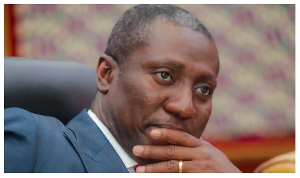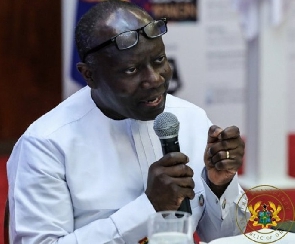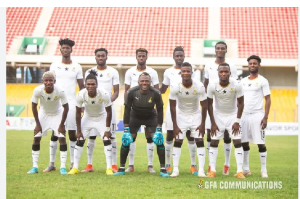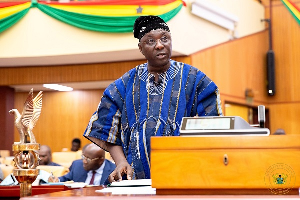Ghana’s Minister of Finance Ken Ofori-Atta has been one of the under-pressure ministers of the Akufo-Addo government, especially in this COVID-19 year, where the pandemic affected the world economy badly.
In a third-world economy like ours, the finance minister on a daily basis takes tough and difficult decisions just to balance the books and keep Ghana's economy competitive and resilient in the world.
As the year 2020 ends Pulse Ghana takes a look at some of the highs of Mr. Ofori-Atta in the year in review.
The Finance Minister is on record to have stated that African countries need a debt standstill to free up funds to revitalize economies battered by the coronavirus pandemic.
So in the midst of the coronavirus pandemic, Ghana's finance minister managed to pull off the following;
1. Free water and electricity for Ghanaians during the peak of COVID-19
The Minister of Finance, Mr Ken Ofori-Atta in July 2020 announced that all life-line customers will enjoy free electricity and water for the rest of the year.
In the announcement captured under the government's Ghana Coronavirus Alleviation & Revitalisation of Enterprises Support (CARES) Obaatanpa Programme, the Minister stated that water would be provided for free till the end of December.
2. Maintaining stability in banking sector
In the wake of the collapse and in some cases merge of some commercial banks by the Bank of Ghana, the Finance Minister ensured stability in the sector absorbing the liabilities of the banks that went down to make sure depositors and investors have their monies intact.
The finance ministry provided GH¢21 billion of taxpayers’ funds to provide the required stability in the banking sector.
3. Establish an Unemployment Insurance Scheme
Through the Coronavirus Alleviation & Revitalisation of Enterprises Support (CARES) programme, the Finance Minister recreated our economy and set it on a course that provided an unemployment insurance scheme for Ghanaians who lost their jobs in the year.
4. Established a GH¢2 billion Guarantee Facility to support all sectors of business and job retention.
5. Created a fund for labour and faith-based organisations for retraining and skills development.
Click to view details



Business News of Saturday, 2 January 2021
Source: pulse.com.gh
5 highs of Ghana's Finance Minister in 2020
Opinions
















